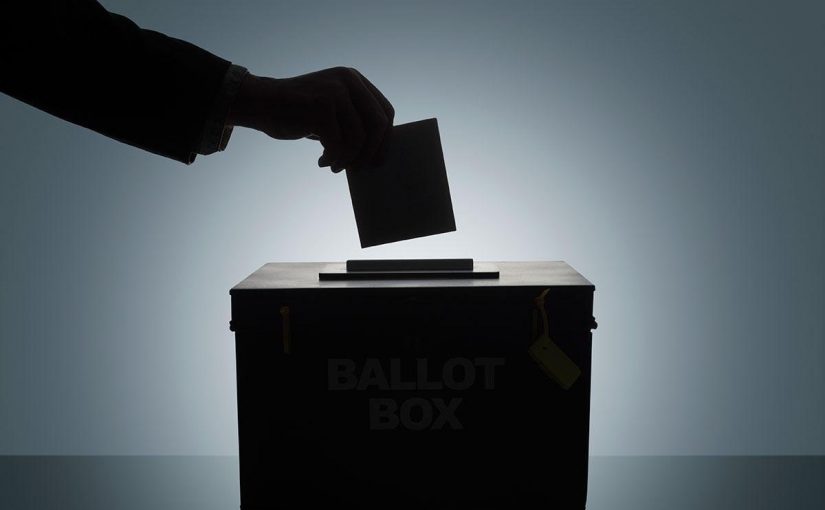Mozambique: Still no date for the start of the N1 rehabilitation - Watch
Mozambique: CNE does not have enough money for local elections – AIM report

in file CoM
Mozambique’s National Elections Commission (CNE) on Thursday announced that it does not yet have enough money to organise the municipal elections scheduled for October 2023.
At a meeting between the CNE, registered political parties and civil society organisations, the CNE spokesperson, Paulo Cuinica, said that of the 3.2 billion meticais (about 50 million US dollars, at the current exchange rate) needed for election preparations this year, so far only one billion has been approved.
Cuinica said the CNE is currently in negotiations with the government for the rest of the money, which will have to come out of the state budget.
Despite the financial constraints, Cuinica claimed that organisation on the ground prior to the elections is advancing, even in areas affected by islamist terrorism. (In fact, the terrorists only occupied one municipality, Mocimboa da Praia, in the northern province of Cabo Delgado, from which they were expelled by joint Mozambican and Rwandan forces, in August last year).
“The electoral bodies are prepared to organise and hold elections in any part of the country, as long as the conditions for this exist, and that part is not the responsibility of the electoral bodies”, he said. “But we are preparing the elections in all the country’s municipalities”.
Currently there are 53 municipalities in Mozambique, but the three parties represented in the country’s parliament, the Assembly of the Republic, the ruling Frelimo party, and the opposition parties Renamo and the MDM (Mozambique Democratic Movement), are considering adding to that number.
According to the independent television station STV, Renamo and the MDM argued that refusing to increase the number of municipalities was equivalent to denying some parts of the country the right to develop.
Further municipalisation will be expensive, but the opposition parties claimed that no economic circumstances should determine whether the number of municipalities rises or not.
The opposition parties also called for the depoliticisation of the electoral bodies – which is extraordinary, since it was Renamo amendments to the election legislation in 2014 which led to the deeply politicised nature of the CNE, and of its executive body, the Electoral Administration Technical Secretariat (STAE).
Frelimo, Renamo and the MDM all appoint members to the CNE, to the provincial and district elections commission, and to the branches of STAE at all levels. This means that there are literally thousands of political appointees in the electoral apparatus, all looking over each other’s shoulders. As a result, the system is top-heavy, unprofessional and riddled with conflict.












Leave a Reply
Be the First to Comment!
You must be logged in to post a comment.
You must be logged in to post a comment.